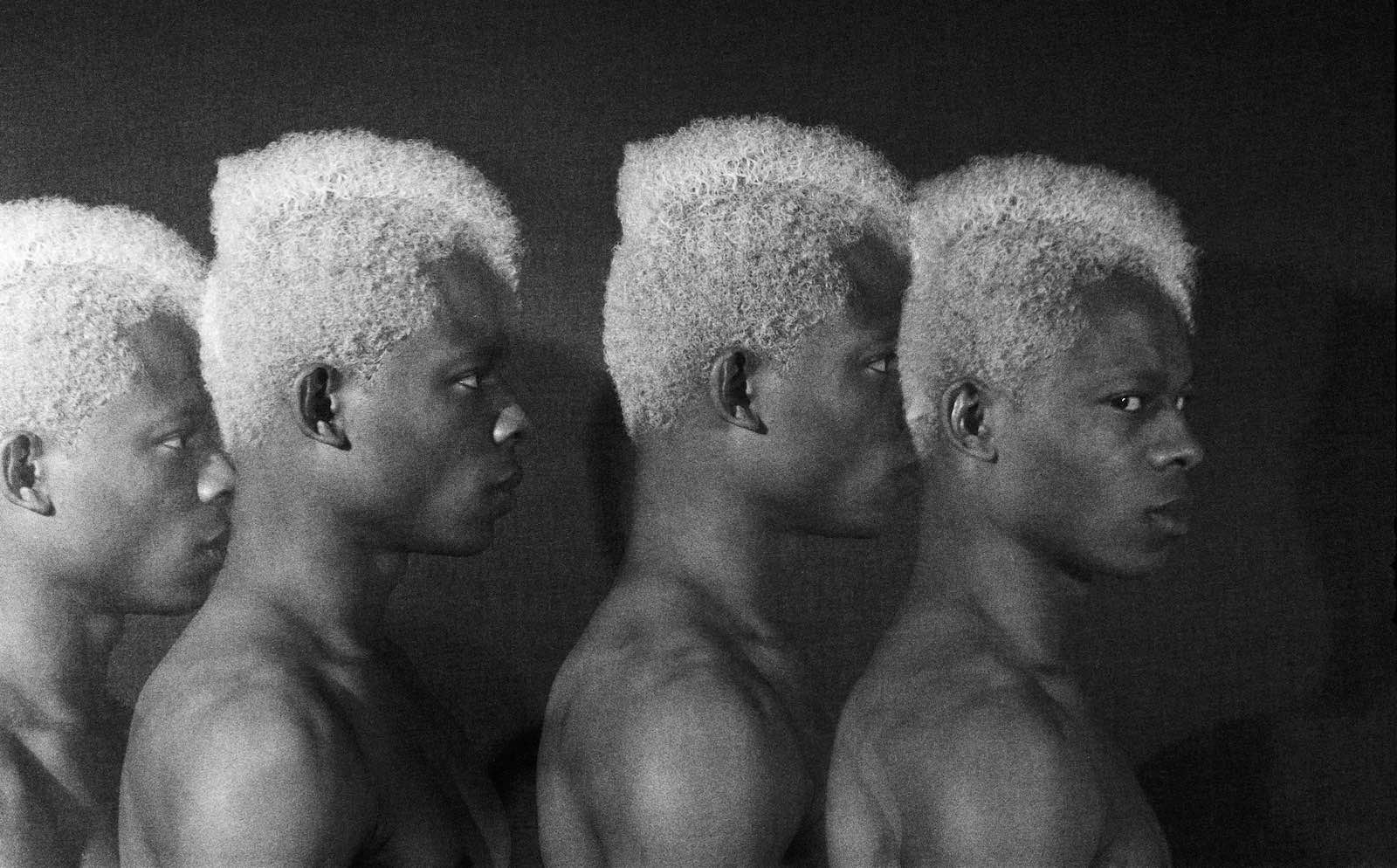Rivington Place
London
EC2A 3BA
To see our current exhibitions, click here
Although his career was cut short by his untimely death at the age of 34, Rotimi Fani-Kayode remains one of the most significant names in the history of black photography.
His photographs constitute a profound narrative of sexual and cultural difference, seminal in their exploration of the politics of desire, diaspora, displacement, spirituality and the black male body.
Our retrospective Rotimi Fani-Kayode (1955 - 1989), in partnership with Light Work, is on tour to Chicago. This is the first solo exhibition of his work in the city.
Rotimi Fani-Kayode

Rotimi Fani-Kayode was born in Lagos, Nigeria to a prominent Yoruba family before moving to England following the 1966 outbreak of civil war in Nigeria. He later studied at Georgetown University and the Pratt Institute in the USA, before settling permanently in London in 1983 where he lived and worked until his early death from a short and unexpected illness on December 21 1989.
During his tragically brief six-year career, Fani-Kayode produced a complex body of photographic work, exploring themes of race, sexuality, spirituality, and the self. His masterfully staged and crafted portraits, sometimes quietly monochromatic and at other times rich in saturated color, stand as powerful, resolutely ambiguous, visual statements. A seminal figure in contemporary art photography, the year 2019 marks the 30th anniversary of the artist’s death; at the core of Fani-Kayode’s practice is an important emphasis on the cultural politics of difference.
A prominent figure in the Black British art scene, Fani-Kayode was the founding member and first chairman of Autograph in 1988.


Banner image: Rotimi Fani-Kayode, Cargo of Middle Passage, 1989.
Page images, from top left:
1) Rotimi Fani-Kayode, Every Moment Counts, 1989.
2) Rotimi Fani-Kayode, Adebiyi, 1989.
3) Rotimi Fani-Kayode, Four Twins, 1985.
4) Rotimi Fani-Kayode, Tulip Boy, 1989.
Autograph is a space to see things differently. Since 1988, we have championed photography that explores issues of race, identity, representation, human rights and social justice, sharing how photographs reflect lived experiences and shape our understanding of ourselves and others.